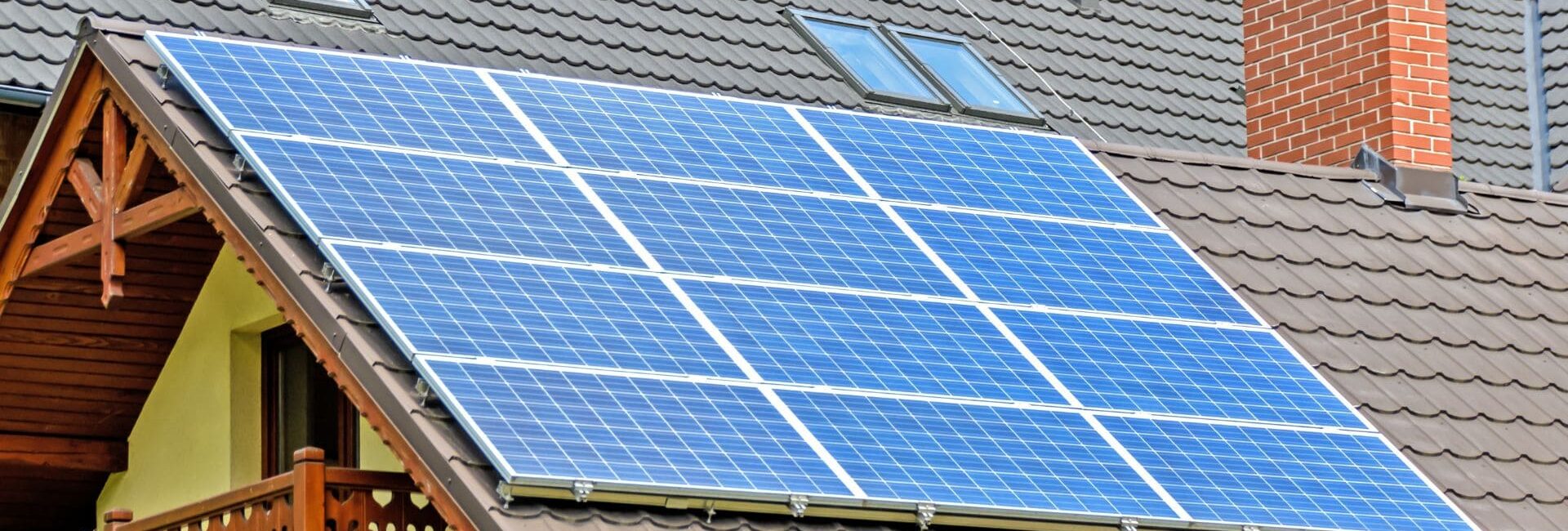
In recent years, the world has witnessed a significant shift towards renewable energy sources, and one technology that has emerged as a game-changer is solar panels. Solar panels, also known as photovoltaic (PV) panels, are devices that convert sunlight into electricity. They offer numerous benefits for both individuals and the environment, making them an increasingly popular choice for powering homes and businesses. In this article, we will delve into the advantages of solar panels and explore why they are a wise investment for a sustainable future.
Clean and Renewable Energy
Solar panels generate electricity by harnessing the energy from the sun, which is an abundant and renewable source of power. Unlike fossil fuels, which contribute to air pollution and greenhouse gas emissions, solar panels produce clean energy without harmful byproducts. By opting for solar energy, we reduce our dependence on non-renewable resources and take a step towards mitigating climate change.
Cost Savings
One of the significant advantages of solar panels is the potential for substantial cost savings. While the initial installation costs may seem high, solar panels can significantly reduce or even eliminate monthly electricity bills over time. The electricity generated by solar panels can power your home or business, reducing your reliance on the grid and saving money on utility bills. Additionally, some regions offer incentives such as tax credits and rebates, further enhancing the financial benefits of solar panel installations.
Long-Term Investment
Investing in solar panels is not only beneficial in terms of immediate cost savings but also offers long-term financial advantages. Solar panels have a lifespan of 25 to 30 years and require minimal maintenance. Once installed, they continue to produce electricity with little to no operational costs. Moreover, with rising electricity prices, investing in solar panels acts as a hedge against future price increases, providing a stable and predictable energy source for years to come.
Environmental Impact
As mentioned earlier, solar panels have a positive environmental impact by reducing greenhouse gas emissions. By switching to solar energy, we can contribute to the global effort to combat climate change and minimize our carbon footprint. Solar power also helps in conserving water resources, as solar panels do not require water for their operation, unlike conventional power generation methods that consume vast amounts of water for cooling purposes.
Energy Independence and Grid Resilience
Solar panels offer energy independence by reducing dependence on the electrical grid. During power outages or emergencies, solar panel systems with battery storage can continue to provide electricity, ensuring a reliable source of power. This independence enhances grid resilience and contributes to a more stable and secure energy infrastructure.
Conclusion
Solar panels have revolutionized the energy landscape, offering a sustainable and cost-effective solution for powering homes and businesses. By harnessing the power of the sun, solar panels provide clean energy, reduce electricity bills, and have a positive environmental impact. Investing in solar panels is not only a wise financial decision but also a step towards a greener future. Embracing this renewable energy technology can bring us closer to achieving a more sustainable and resilient energy system for generations to come.

